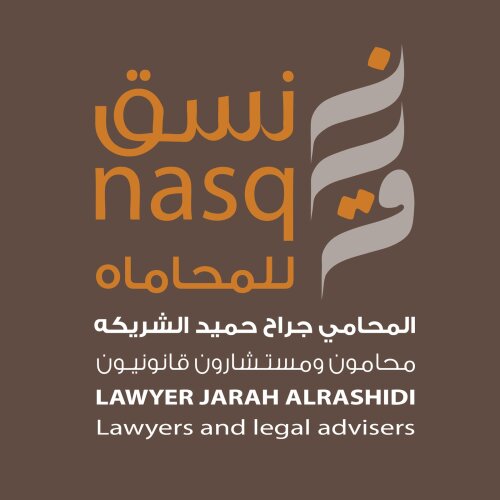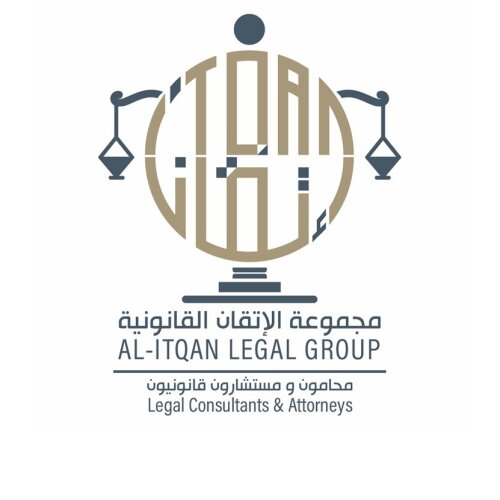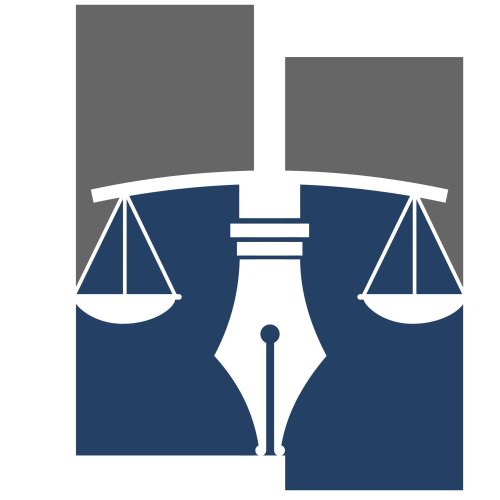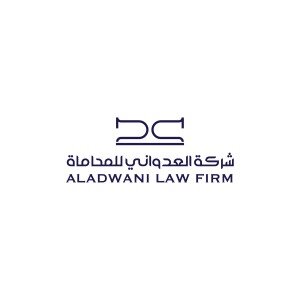Best Bankruptcy & Debt Lawyers in Kuwait
Share your needs with us, get contacted by law firms.
Free. Takes 2 min.
Or refine your search by selecting a city:
List of the best lawyers in Kuwait
About Bankruptcy & Debt Law in Kuwait
Bankruptcy and debt laws in Kuwait are designed to manage situations where individuals or businesses face financial distress. The legal framework provides various mechanisms for debt resolution, restructuring, and protection for both debtors and creditors. Unlike many Western countries, Kuwait does not have an established personal bankruptcy system, but there are legal provisions under commercial laws that facilitate insolvency proceedings for businesses.
Why You May Need a Lawyer
There are several scenarios where individuals or businesses in Kuwait might need legal assistance regarding bankruptcy and debt:
- You're facing overwhelming debt and need guidance on your legal options.
- You wish to negotiate with creditors to restructure or reduce your debt.
- Your business is unable to meet its liabilities and you are considering insolvency proceedings.
- A creditor has initiated legal action against you for debt recovery.
- You need representation in court proceedings related to debt or bankruptcy issues.
Local Laws Overview
Kuwait's legal framework for bankruptcy and debt is primarily governed by the Commercial Code. This includes provisions for collective settlement agreements and the conditions under which a debtor may be declared bankrupt. A key point is that the system is more inclined towards commercial entities rather than individuals. The laws also cover the legal processes for debt recovery and enforcement, which are crucial for both debtors and creditors.
Frequently Asked Questions
What is the main law governing bankruptcy in Kuwait?
The primary law is the Commercial Code, which contains specific chapters on bankruptcy and insolvency proceedings.
Can individuals file for bankruptcy in Kuwait?
While the laws are primarily focused on commercial bankruptcies, there are limited provisions for individuals under civil law that can be applied in exceptional cases through debt settlement procedures.
How does the bankruptcy process work for businesses in Kuwait?
The bankruptcy process involves filing a petition in court, after which an investigation into the financial state of the business is carried out. If bankruptcy is declared, the court will oversee asset liquidation or debt restructuring.
What role do creditors play in bankruptcy proceedings?
Creditors can file a claim with the court to be part of the proceedings, and they may have a say in approval of any proposed settlement agreements.
Is there a debtor-creditor negotiation process before bankruptcy is declared?
Yes, in many cases, debtors and creditors can negotiate settlements to avoid formal bankruptcy. These negotiations can result in debt restructuring or reduction agreements.
What are the consequences of being declared bankrupt?
For businesses, bankruptcy can lead to liquidation of assets, cancellation of debts, and dissolution of the company. There are also reputational and financial implications.
Are there alternatives to bankruptcy in Kuwait?
Yes, alternatives include debt restructuring, refinancing, or negotiation of new payment terms with creditors.
How long does the bankruptcy process take?
The duration can vary significantly depending on the complexity of the case and the level of negotiations involved, potentially ranging from months to several years.
Can a business continue operations during bankruptcy proceedings?
This depends on the court's decision. In some cases, operations can continue under the supervision of a trustee or administrator.
What protections do debtors have during the bankruptcy process?
Debtors are protected from creditor harassment and can benefit from court-supervised restructuring plans that aim to resolve liabilities fairly.
Additional Resources
For further assistance and information, consider contacting or exploring resources from: - The Ministry of Commerce and Industry, which oversees aspects related to commercial law. - Legal clinics or organizations offering pro bono legal assistance for those in financial distress. - Financial advisory firms specializing in debt restructuring and management.
Next Steps
If you are seeking legal assistance in bankruptcy and debt matters, here are some steps to consider:
- Consult with a specialized lawyer to evaluate your situation and discuss potential legal options.
- Gather all necessary financial documents, including debt records and financial statements, to provide a detailed overview to your legal advisor.
- Engage in initial discussions with creditors to explore possible settlements or restructuring plans.
- Stay informed about your rights and obligations under Kuwaiti law to make well-informed decisions.
Lawzana helps you find the best lawyers and law firms in Kuwait through a curated and pre-screened list of qualified legal professionals. Our platform offers rankings and detailed profiles of attorneys and law firms, allowing you to compare based on practice areas, including Bankruptcy & Debt, experience, and client feedback.
Each profile includes a description of the firm's areas of practice, client reviews, team members and partners, year of establishment, spoken languages, office locations, contact information, social media presence, and any published articles or resources. Most firms on our platform speak English and are experienced in both local and international legal matters.
Get a quote from top-rated law firms in Kuwait — quickly, securely, and without unnecessary hassle.
Disclaimer:
The information provided on this page is for general informational purposes only and does not constitute legal advice. While we strive to ensure the accuracy and relevance of the content, legal information may change over time, and interpretations of the law can vary. You should always consult with a qualified legal professional for advice specific to your situation.
We disclaim all liability for actions taken or not taken based on the content of this page. If you believe any information is incorrect or outdated, please contact us, and we will review and update it where appropriate.
Browse bankruptcy & debt law firms by service in Kuwait
Kuwait Attorneys in related practice areas.
Browse bankruptcy & debt law firms by city in Kuwait
Refine your search by selecting a city.















